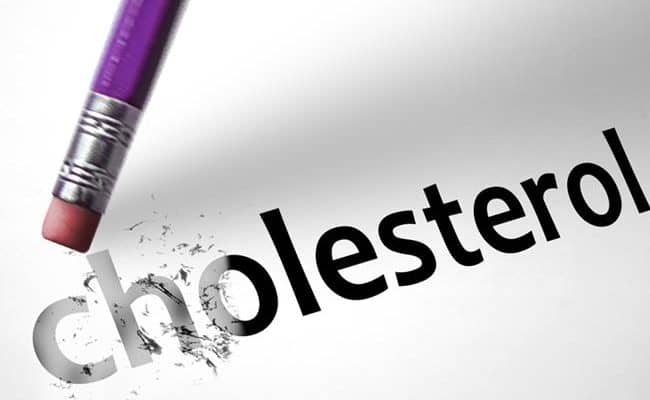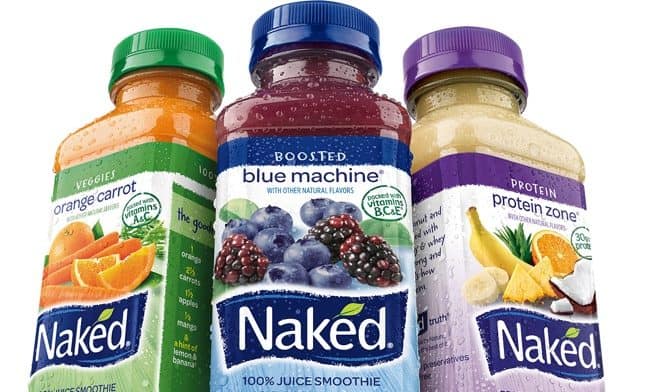
The health benefits of drinking red wine are a popular excuse to drink more wine. However, is there any validity to the health claims of red wine and health? If so, how much red wine do you need for health benefits?
The recommended serving size for any alcohol intake is 1 serving per day for women and up to 2 servings per day for men. A serving for red wine is considered 4 ounces. Drinking more than the moderate recommendation can be harmful for health. If someone does not drink alcohol, it is not recommended they start drinking for health reasons.
Here are some clarifications to questions about red wine and health benefits.
Lower heart disease risk
Many observational studies have shown a link between moderate alcohol intake and heart health benefits. A 2011 research study from the British Medical Journal analyzed the difference alcohol intake had on cardiovascular health compared with people who did not drink alcohol. This study pooled results of previous studies studying the effects of moderate alcohol intake and heart health.
Researchers found people who consumed moderate intake of alcohol, for an average of 11 years, had 25% lower risk for heart attack, 29% lower risk for being diagnosed with coronary heart disease and 13% lower risk for dying from any cause.
These results suggest there is a health benefit to drinking moderate alcohol intake and heart health. Many research studies have particularly highlighted red wine as being heart healthy in moderate doses. Red wine has antioxidants that can help lower cholesterol, reduce blood clotting and increasing the good HDL cholesterol.
Lower cholesterol
The flavonoids in red wine are believed to lower LDL cholesterol. LDL cholesterol is considered the bad cholesterol because too much of it can promote cholesterol plaques on blood vessels. Red wine flavonoids can also help increase good cholesterol, HDL. Having high levels of HDL cholesterol is beneficial because HDL helps clear out excess cholesterol from blood vessels.
Red wine may also help lower blood pressure is some people. Keep in mind that any health benefits from red wine are from a moderate intake, and anything above moderate intake can be harmful for health.
The flavonoids in red wine are actually from the skin of red grapes. Some research studies have also shown drinking red grape juice can also give heart health and antioxidant health benefits.
Antioxidants
The antioxidants in red wine, from grapes, can help lower inflammation in the body. Many chronic diseases are promoted by inflammation, so lowering inflammation could help lower risk of many chronic diseases.
A specific flavonoid found in red wine, resveratrol, may help prevent damage to blood vessels and prevent blood clots. Many research studies on resveratrol have done on animals, but use caution with applying research study results from animals to humans. Some animal studies have used very high doses on resveratrol, the equivalent of a person drinking 1,000 liters of red wine a day.
Some studies suggest resveratrol and other flavonoids in red wine may inhibit growth of cancer cells, but more research needs to be done on this topic. Not all research with wine and cancer risk shows a positive relationship.
Also keep in mind that some studies linking red wine intake to lowered disease risks are often associations only, meaning there is not a cause and effect relationship determined only observation.
The antioxidants in wine are just part of the phytochemicals found in plants that can be beneficial. Antioxidants in red wine may work in conjunction with other beneficial antioxidants from other fruits, veggies, etc. to give the greatest health benefit.
Too much of a good thing
Yes red wine has many health benefits that can help lower risk for heart disease and possibly other chronic diseases. However, getting more than the recommended moderate intake per day will negate any health benefits. Alcohol in excess can increase risk for heart disease, cancers and liver damage.
The general recommendation for alcohol intake is for healthy adults; if you have a medical condition talk to your doctor to determine if alcohol intake is contraindicated. If you do not drink alcohol, it is not recommended to start drinking wine for health benefits. The relationship between alcohol intake and breast cancer risk for women is also not clearly understood.
Conclusion
Any alcohol source in moderation can potentially have heart health benefit in moderation. Red wine in particular will give you extra antioxidants and flavonoids from grapes. As with any alcohol source, moderation is key along with a healthy diet that includes exercise, heart healthy fats, fruits, vegetables, whole grains, lean proteins, beans and nuts.
According to Yale New Haven Hospital, drier red wines may have the highest content of flavonoids compared to other sweeter red wines and white wines.
References used in this article









